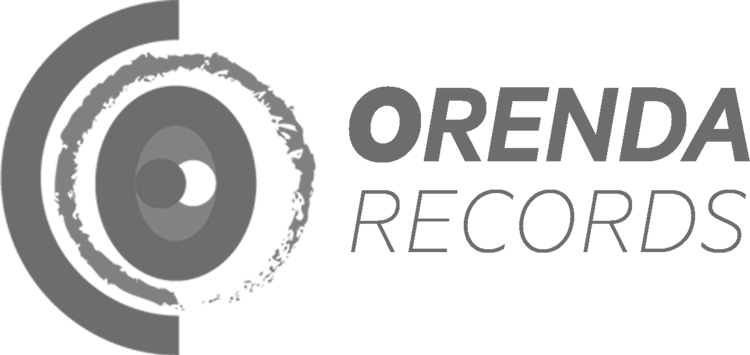Guitarist Zane Carney’s new quartet album Alter Ego, featuring Katisse Buckingham (woodwinds), Jerry Watts Jr. (bass), and Gene Coye (drums), embodies an adventurous new wave of free improvisation, along with modal jazz in its most electric, high-octane form. The album features a series of improvised compositions, experiments, and sketches, as well as two rearranged standards. It consists mostly of first takes, with no editing, and aims to subvert convention. In addition, all tracks were mixed from the drummer’s perspective, placing the listener in the middle of the live action, on stage with the group.
“I wanted this record to feel alive,” said Zane Carney. “This is the first time my actual improvisational spirit is being expressed in recorded format. I wanted to capture the sparks that fly when Jerry, Gene, Katisse and I improvise together, and document the untamed, almost manic spirit that LA’s late night jazz scene has produced: there is a certain energy and freedom that transcends genre. West Coast jazz is genre-less, it’s reckless, it’s audacious, and it pushes boundaries. In order to summon that ferocity, we approached this session as one might approach an un-moderated debate: no judgement or rules, freely exploring new lands harmonically, whenever a member felt like leading the charge. I wanted us to be as nimble and agile as possible, so we could access that core flow state more readily. Every one of us served as a conversation-leader at different points on the record, and I think you hear that especially on songs like ‘Alter’ and ‘Lost.’”
Listeners will find a compelling melding of modern jazz performance, balanced by a fully analog, straight-to-tape vintage recording process. Carney is playing a custom, modified Fender, which he built using a Broadcaster neck and a Telecaster bridge pick-up, to create his signature sound. He also used old-world and new-world guitar pedals and played them through a custom Siegmund Sound King, powered by a 1940s pair of 300B television tubes. “The goal was to contrast our current jazz vocabulary with old technology, and see what happens when modern jazz is played with rare, modified instruments and recorded in a fully analog process” Carney added.
The album opens with “Brain Freeze,” drawing listeners in with a meditative, haunting melody before bursting into an explosion of textures, patterns and colors, then promptly clearing the canvas for a flute/guitar battle. This sets the stage for a stream of multilayered experiments, provocative inquiries, and jarring juxtapositions, from “Alter” to “Lost,” “Found,” and finally, “Ego.” The two standards on the record showcase distinct choices: “Oleo” revisits the classic melody with an absurdist chromatic twist, while “Minority” is turned on its head as a new-wave samba.Throughout the record, listeners may recognize guitar tones that Carney developed over the years with his various solo and group projects and collaborations, now applied in an improvisational jazz setting. As the record unfolds, tape crackling and hissing, it leads to “Things You Aren’t,” a vulnerable, intimate solo guitar piece, continuing the conversation between past and future.
At its core, Alter Ego revels in tensions and the new possibilities they open up. It calls for a full immersion in the present moment and seeks to expose a side of West Coast jazz that has been mostly unchronicled. The Zane Carney Quartet prompts listeners to probe and question jazz norms while investigating what creates those perceptions, as the album shape-shifts from track to track. Fittingly, it mirrors the bandleader’s mission: throughout his career, Carney has made a point to defy genre expectations and refuse all stylistic affiliations, his playing standing out on its own.

